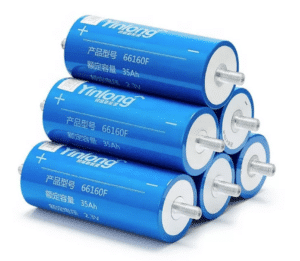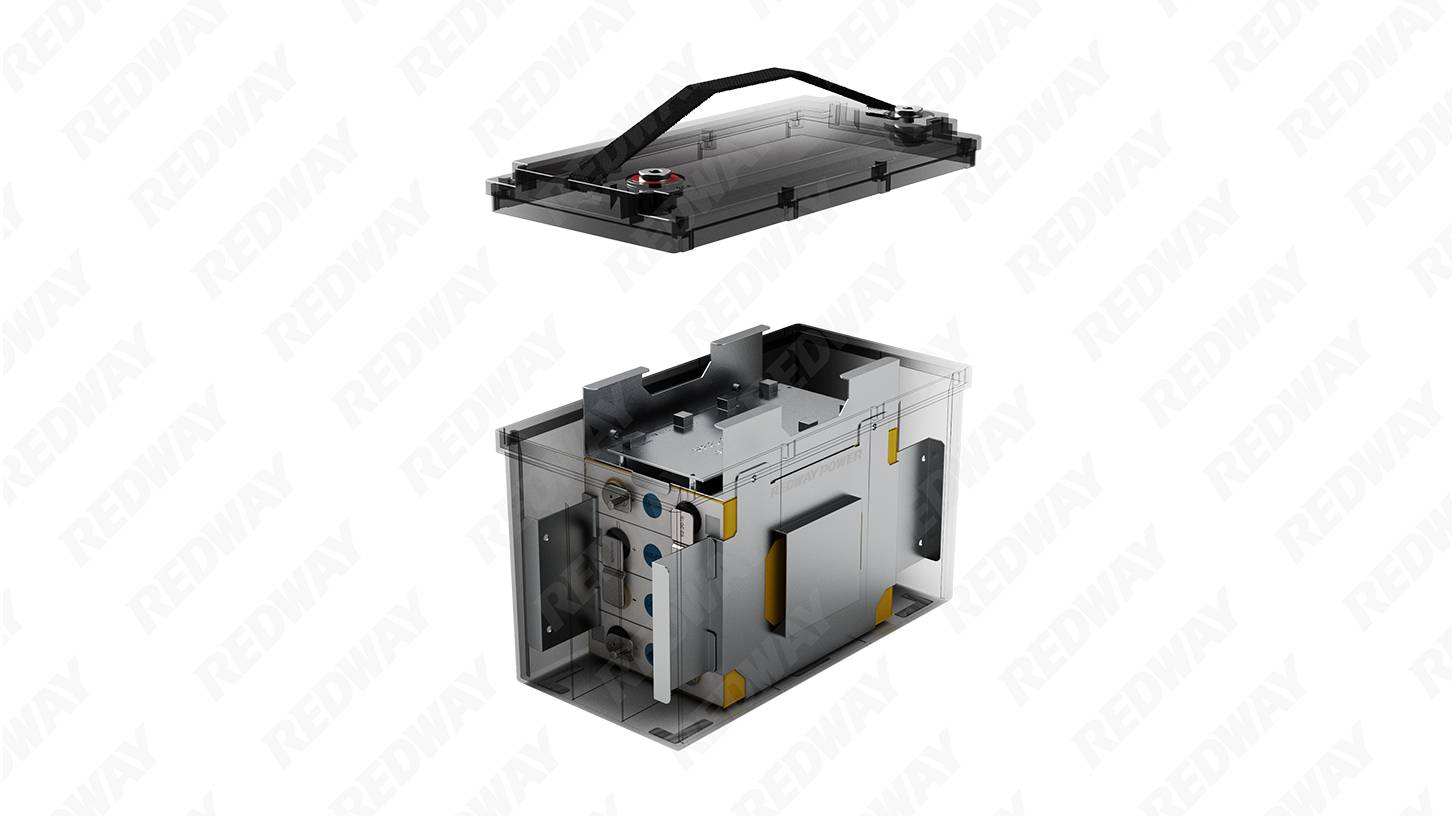Are you in the market for a new battery, but finding yourself overwhelmed by all of the options? Specifically, are you trying to decide between LTO and LiFePO4 batteries? Don’t worry – we’ve got you covered. In this post, we’ll break down the key differences between these two types of batteries and help guide you towards making an informed decision that best suits your needs. So buckle up and get ready to power up!
What is an LTO battery?
An LTO battery, or lithium titanate battery, is a type of rechargeable battery that uses lithium titanate as its positive electrode material. Lithium titanate has a number of advantages over other types of lithium-ion battery electrodes, including a higher charge/discharge rate, longer cycle life, and wider temperature range. However, LTO batteries are also more expensive than other types of lithium-ion batteries.
What is a LiFePO4 battery?
While both types of batteries are made with lithium-ion cells, there are some key differences between LiFePO4 and LTO batteries.
LiFePO4 batteries are made with iron phosphate, which gives them a longer lifespan and makes them more stable than LTO batteries. They can also be charged and discharged more times, making them ideal for applications where the battery will be used frequently.
LiFePO4 batteries are also safer than LTO batteries, as they are less likely to catch fire or explode if damaged.
What is the difference between lithium titanate and lithium-ion battery?
Lithium titanate batteries (LTO) have a higher energy density than lithium-ion batteries (LiFePO), meaning they can store more energy per unit of weight. They also have a longer lifespan and can be charged and discharged more times than LiFePO batteries. However, LTO batteries are more expensive than LiFePO batteries and have a lower power density, meaning they can’t deliver as much power per unit of weight.
What are the disadvantages of lithium titanate battery?
Lithium titanate batteries have a number of disadvantages when compared to other types of batteries. Firstly, they are much more expensive than other types of batteries. Secondly, they have a shorter lifespan than other types of batteries. Finally, they have a lower energy density than other types of batteries, meaning that they cannot store as much energy as other types of batteries.
Which type of battery lasts longer?
When it comes to batteries, there are a few different types that you can choose from. But which type of battery lasts longer? In this article, we will be comparing LTO batteries and LiFePO batteries to see which one comes out on top.
Lithium-ion batteries are known for their long life span. They can last up to 10 years with proper care and maintenance. But what about LTO batteries?
LTO batteries are a newer technology that is slowly becoming more popular. These batteries are made with lithium titanate, which is a more stable material than the traditional lithium-ion battery. This makes LTO batteries less likely to overheat or catch fire. And while they don’t have the same long life span as lithium-ion batteries, they can still last up to 5 years with proper care and maintenance.
So, which type of battery lasts longer? It really depends on your needs and how you plan to use the battery. If you need a battery that will last a long time without needing to be replaced, then lithium-ion is the way to go. But if you want a battery that is less likely to overheat or catch fire, then LTO might be the better option for you.
Which type of battery is more expensive?
LTO batteries are more expensive than LiFePO batteries. LTO technology is newer and therefore the manufacturing process is more expensive. Additionally, LTO batteries have a higher energy density which means they can store more energy than LiFePO batteries. This results in a longer lifespan and higher performance, making them more expensive. Also check LiFePO4 vs NMC batteries
What are the disadvantages of LTO batteries?
Although LTO batteries boast a longer lifespan and higher energy density than LiFePO batteries, they also come with a few drawbacks. Firstly, LTO batteries are much more expensive than LiFePO batteries, both in terms of initial cost and replacement costs. Secondly, LTO batteries are less tolerant of extreme temperatures than LiFePO batteries, meaning that they are not well suited for use in hot or cold climates. Finally, LTO batteries have a slower charge/discharge rate than LiFePO batteries, meaning that they are not well suited for applications where quick charging is required.
What is the difference between LTO and LFP batteries?
Lithium-ion batteries are one of the most popular types of batteries on the market today. They are used in everything from laptops to cell phones to electric cars. Lithium-ion batteries come in many different shapes and sizes, but all have one thing in common: they contain a negative electrode made of lithium metal.
Lithium-ion batteries can be further divided into two main types: lithium-ion polymer (LIP) and lithium-titanate oxide (LTO). LIP batteries are composed of a lithium metal electrode and a polymer electrolyte, while LTO batteries use a titanium oxide anode and a lithium metal oxide cathode.
There are several key differences between LTO and LFP batteries. For one, LTO batteries have a much higher energy density than LFP batteries. This means that they can store more energy per unit volume, making them ideal for applications where space is limited. In addition, LTO batteries can be charged and discharged at much higher rates than LFP batteries, making them better suited for applications that require frequent or rapid power delivery. Finally, LTO batteries have a longer lifespan than LFP batteries, meaning they can be used for more cycles before needing to be replaced.
Conclusion
In conclusion, the main difference between LTO and LiFePO4 batteries is their longevity. Although LTO batteries have higher energy densities, LiFePO4 batteries can last longer and are more stable over time. Both types of battery packs offer excellent performance in terms of efficiency, but it is important to consider which qualities are most important for your particular application before making a decision. Ultimately, whatever type of battery you choose should be suited to meet your specific needs.


